Jesus Never Said That | Week 1 | Pastor Ben Pierce
Embracing Full Forgiveness: A Journey Through Palm Sunday
As we enter Holy Week, we must reflect on the profound theme of forgiveness that emerges from Palm Sunday. Join me as we explore the essence of Jesus’ message on forgiveness, shedding light on how we can navigate our paths to healing and freedom.
Introduction to Palm Sunday and Forgiveness
Palm Sunday marks the beginning of Holy Week, a time for reflection on the profound theme of forgiveness. As Jesus entered Jerusalem, he was celebrated, yet betrayal loomed. This duality encapsulates the essence of forgiveness – an invitation to release resentment and embrace grace. Understanding this helps us navigate our journeys of healing.
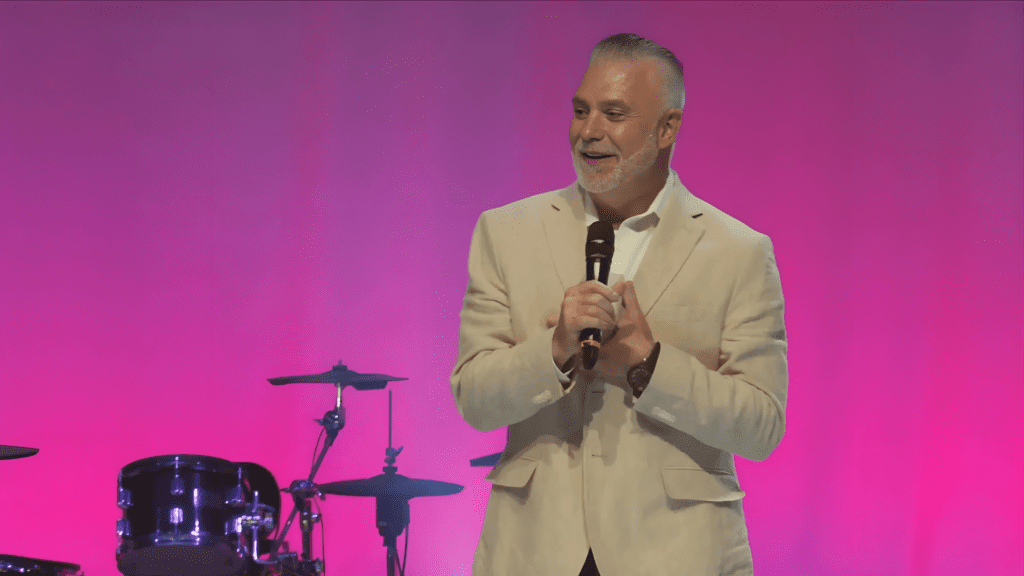
The Nature of Human Betrayal
Betrayal is a theme that resonates deeply during Holy Week. People can turn against you in an instant, as evidenced by the crowd that hailed Jesus only to later cry for his crucifixion. This swift change of heart illustrates the fragility of human loyalty and the pain it brings. Recognising this helps us confront our own experiences of betrayal.
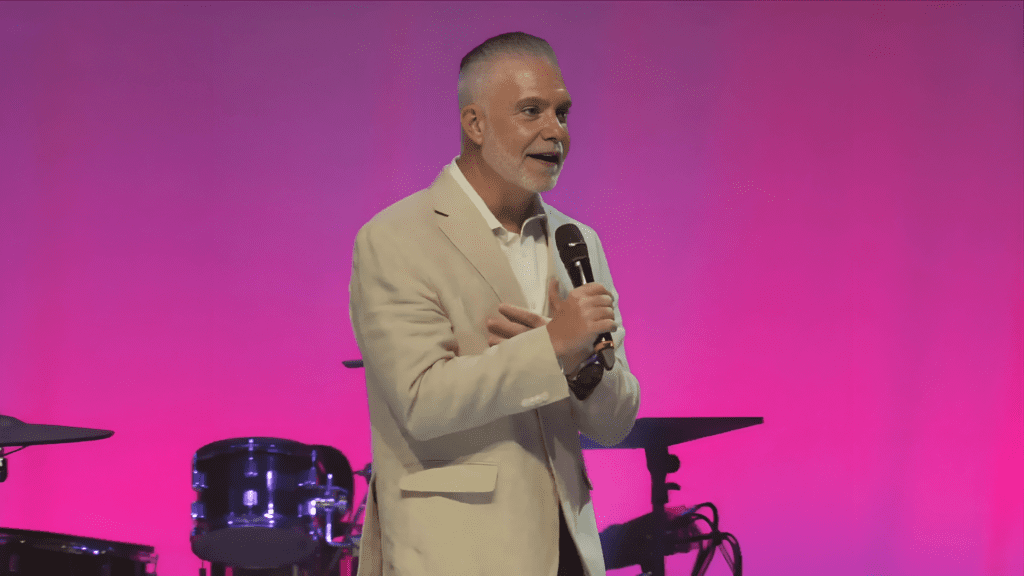
Misconceptions About Forgiveness
Forgiveness is often misunderstood. Many believe it is conditional, which can be withheld if the hurt is severe enough. Society frequently seeks loopholes, allowing us to avoid the hard work of true forgiveness. Misquotes of Jesus’ teachings contribute to this confusion, making us think we can forgive without truly letting go.
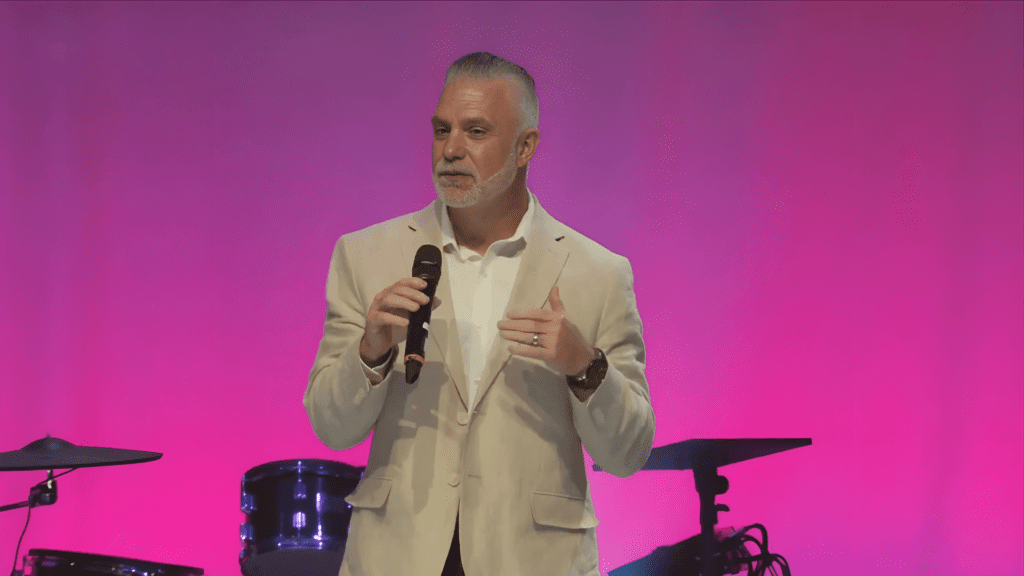
Understanding Full Forgiveness
Full forgiveness is not about forgetting but about releasing the hold that past hurts have on us. Jesus models this by forgiving those who betrayed him. He offers no loopholes—only a call to extend the same grace that we have received. This understanding challenges us to embrace the fullness of forgiveness, despite our fears.
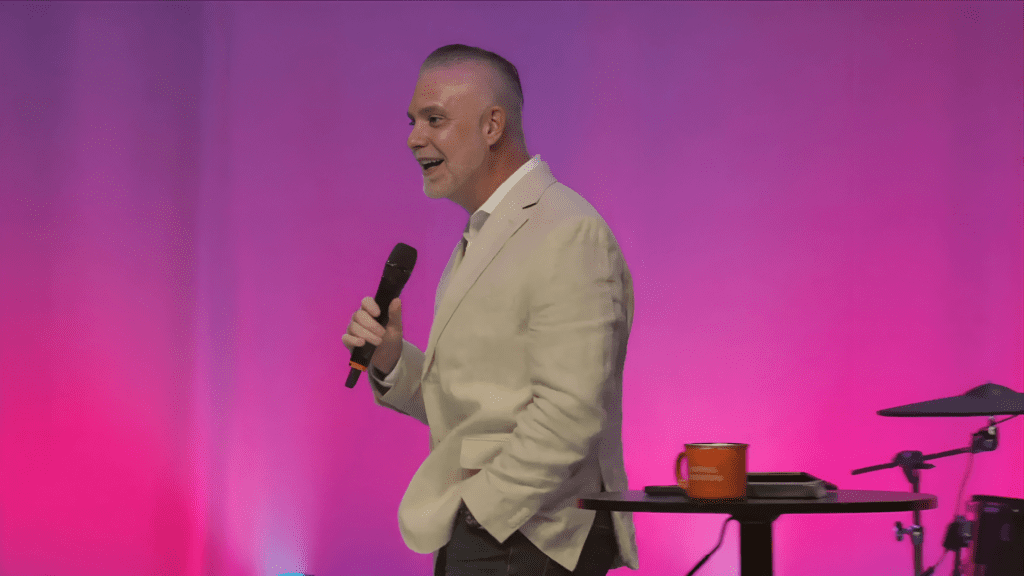
The Pain of Unforgiveness
Unforgiveness acts like poison, harming us more than the one who wronged us. Holding onto bitterness affects our mental and emotional well-being. It’s essential to recognise that by clinging to our grievances, we only prolong our suffering. Jesus offers a path to healing through forgiveness, inviting us to break free from this cycle of pain.
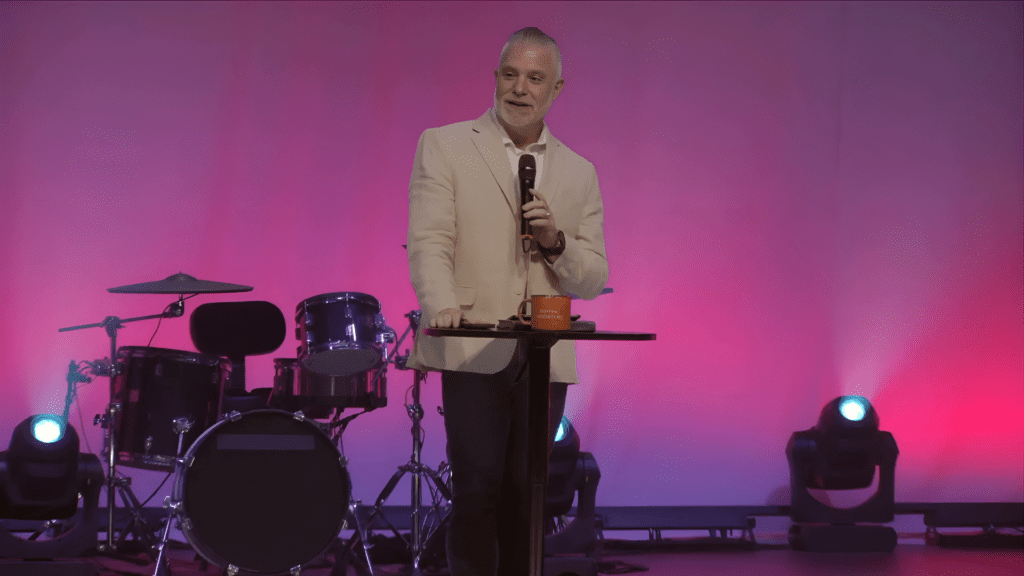
The Importance of God’s Grace
God’s grace is central to the concept of forgiveness. It empowers us to forgive others, no matter the depth of our wounds. When we reflect on the magnitude of our forgiveness, we find the strength to extend that same grace to others. This divine grace transforms our hearts, enabling us to let go of resentment and embrace peace.
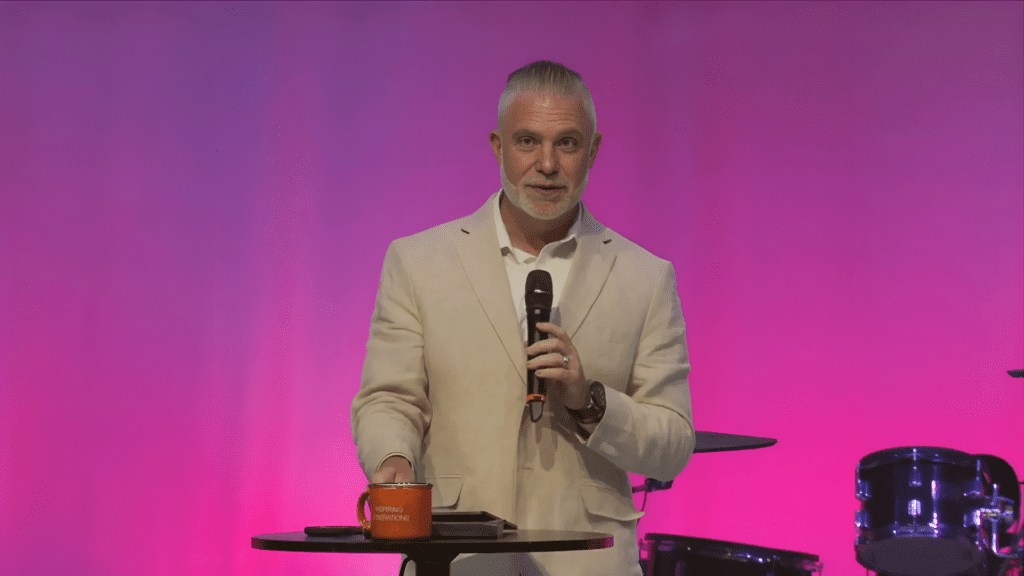
Jesus as Our Model for Forgiveness
Jesus exemplifies forgiveness throughout his life, culminating in his final moments on the cross. His words, “Father, forgive them,” resonate as a powerful reminder of the depth of his love. By following his example, we learn that forgiveness is not just a duty but a profound act of love and compassion towards those who hurt us.
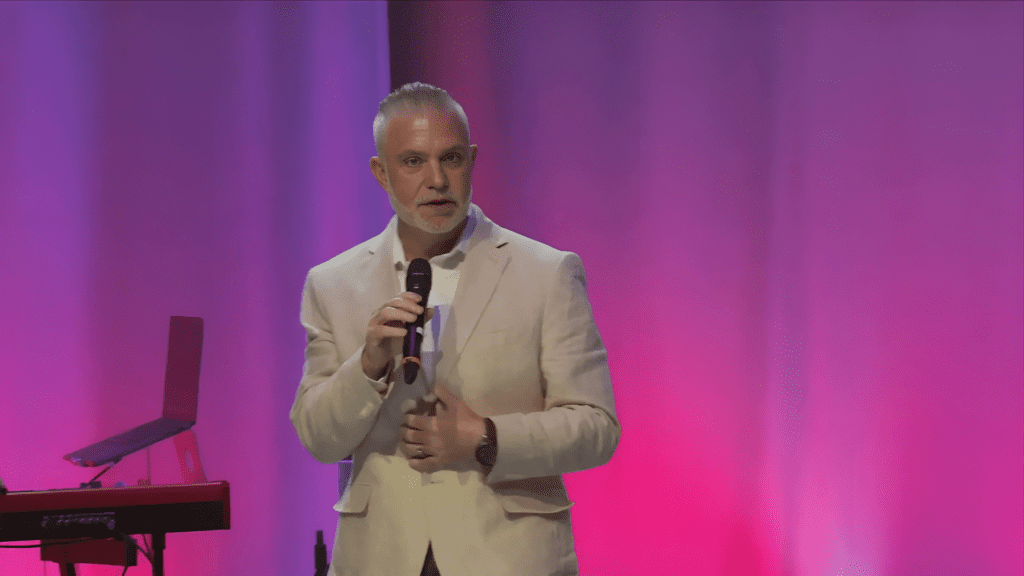
Praying for Our Offenders
Prayer is a crucial step in the process of forgiveness. When we pray for those who have wronged us, we shift our focus from anger to compassion. This internal work is essential for true forgiveness. It’s hard to hold onto resentment while genuinely seeking blessings for another, highlighting the transformative power of prayer.
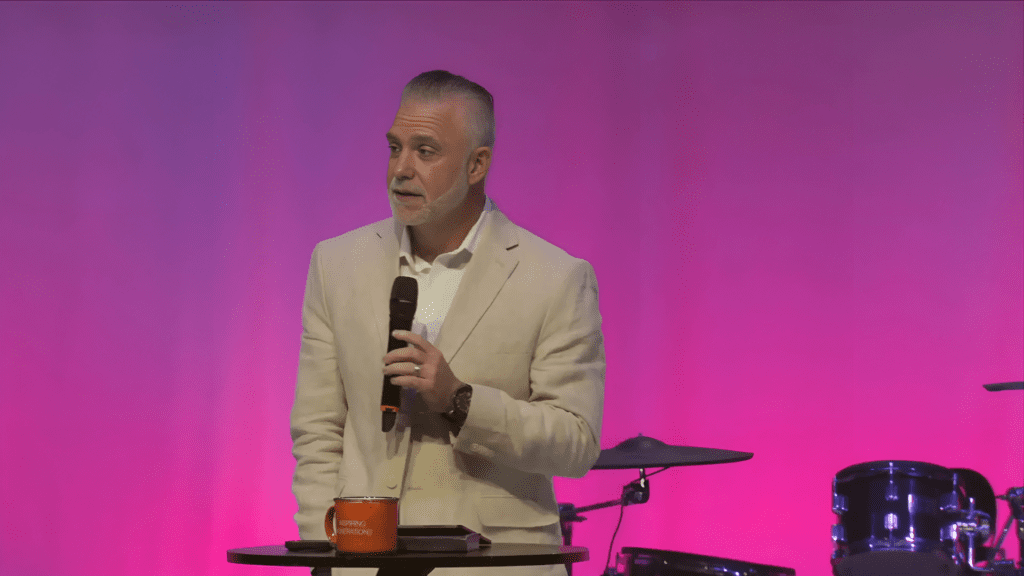
The Internal Work of Forgiveness
Forgiveness begins within. While external actions may appear reconciliatory, true forgiveness requires an internal heart change. Engaging with God about our hurts is vital. This process encourages us to confront our emotions and allows the healing power of forgiveness to take root in our hearts.
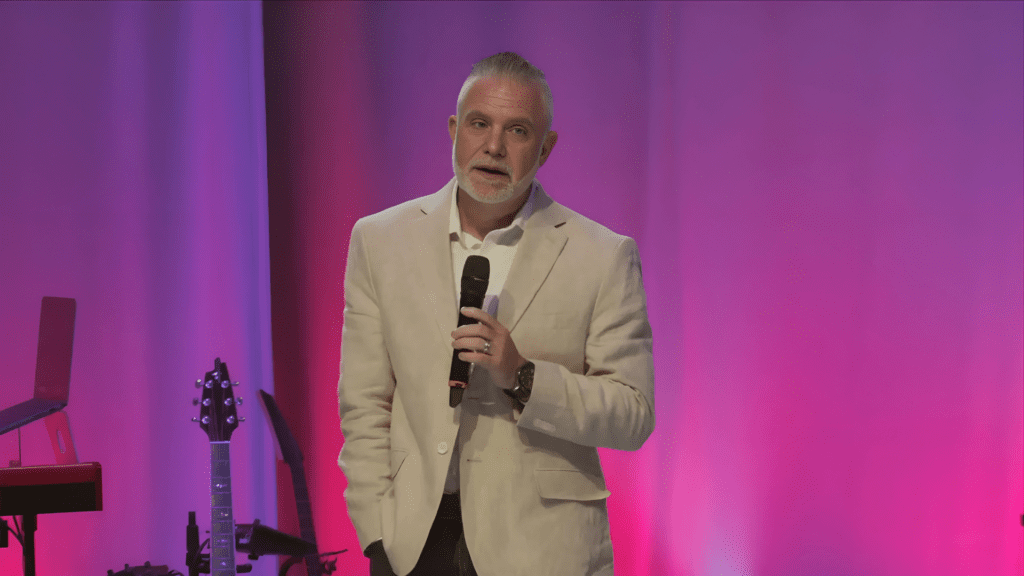
Washing the Feet of Our Betrayers
In a profound act of humility, Jesus washed the feet of his disciples, including Judas, who would betray him. This gesture serves as a powerful reminder of the call to serve even those who hurt us. By embodying this humility, we can learn to forgive and love unconditionally, reflecting the heart of Christ in our actions.
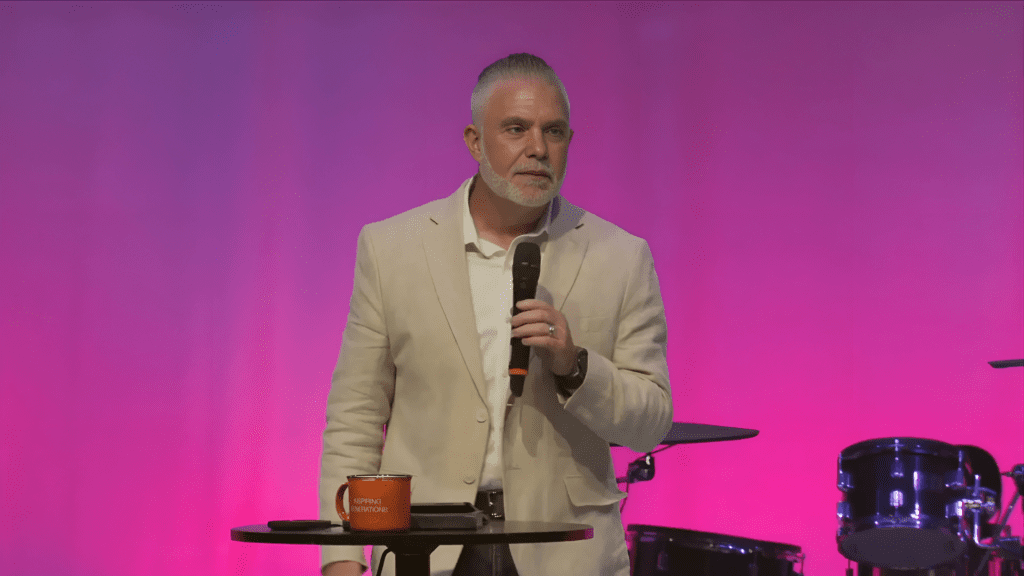
Forgiveness as a Choice, Not a Feeling
Forgiveness is not merely a feeling; it is a conscious choice we make. It’s easy to think we can only forgive when emotions align perfectly, but that’s not how it works. Every one of us has faced moments when we felt justified in our anger, yet true forgiveness requires us to act despite those feelings.
Choosing to forgive is a deliberate act of the will. It means deciding to release the hold of resentment and bitterness. Even when the hurt feels fresh, we must choose to forgive. It’s about taking that first step, even when we don’t feel like it.
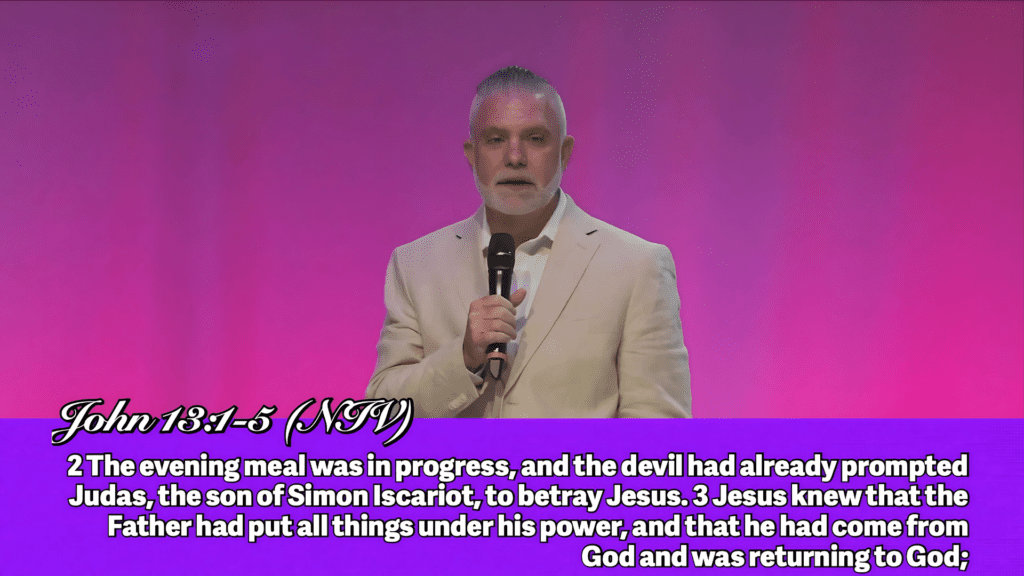
The Challenge of Consistent Forgiveness
Forgiveness isn’t a one-time event; it’s a lifestyle. Jesus emphasized this when he spoke of forgiving not just seven times, but seventy times seven. This illustrates the need for a consistent and ongoing commitment to forgiveness. We will face countless opportunities to forgive throughout our lives.
Each day brings new challenges that can lead us to feel offended. Our response should be to embrace forgiveness as a regular practice. It’s not about keeping score; it’s about cultivating an attitude of grace that permeates our interactions with others.
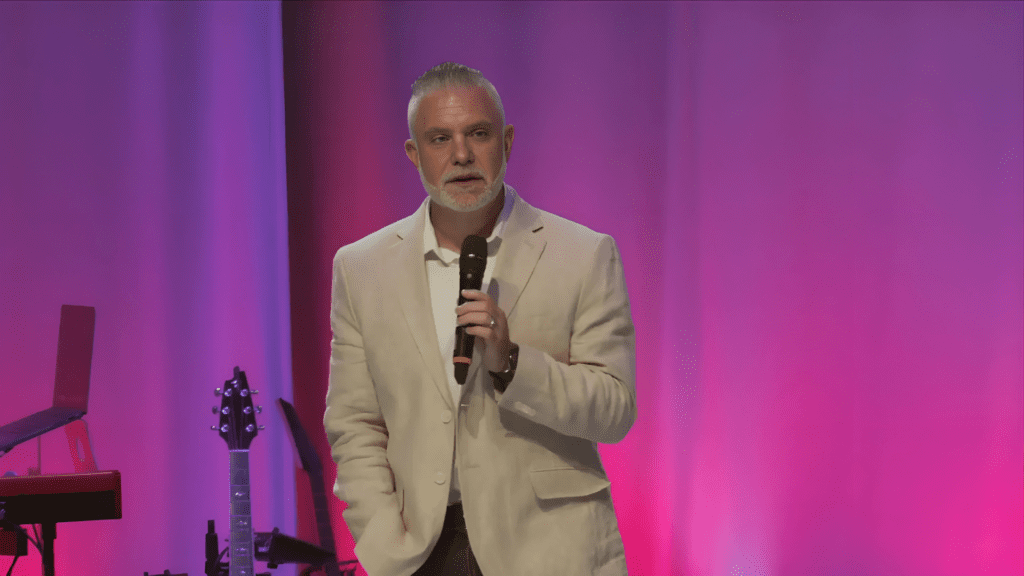
Understanding the Cost of Unforgiveness
The cost of unforgiveness is steep. It doesn’t just affect our relationships with others; it impacts our relationship with God. Holding onto grievances can create a barrier between us and the divine, hindering our spiritual growth.
Unforgiveness is like a weight we carry, burdening our hearts and minds. It leads to bitterness, anger, and ultimately, a lack of peace. Recognising this cost can motivate us to release our grudges and embrace the freedom that comes with forgiveness.
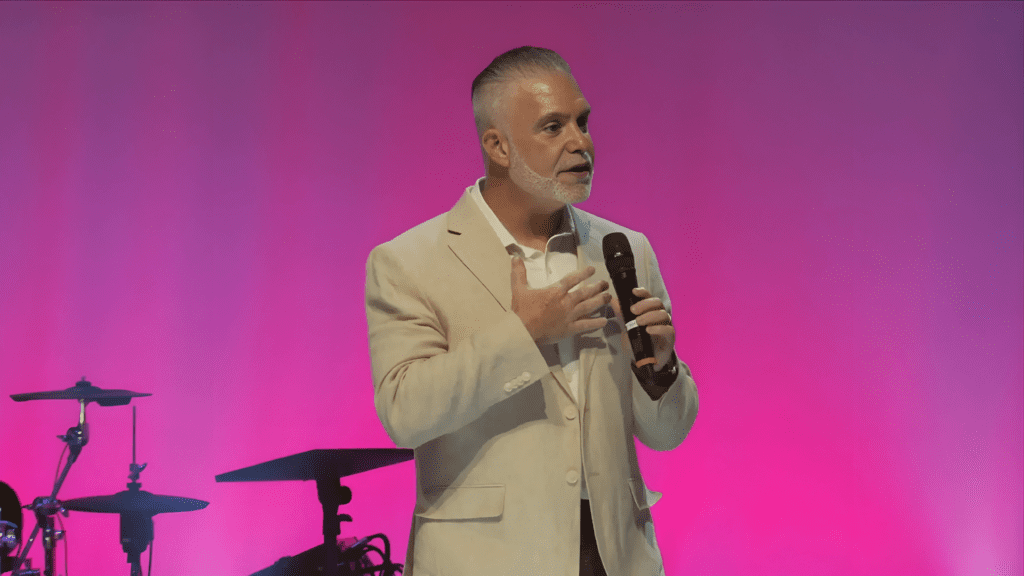
The Parable of the Forgiven Servant
In Matthew 18, Jesus tells the parable of a servant who was forgiven a massive debt but failed to extend that same mercy to another servant. This parable starkly illustrates the expectation God has for us to forgive others as we have been forgiven. The first servant’s debt was insurmountable—something he could never repay—yet he was shown grace.
When we reflect on our sins and the grace we’ve received, it becomes clear how important it is to extend that same grace to others. The servant’s inability to forgive highlights a tragic irony: having received mercy, he chose to withhold it from someone else.
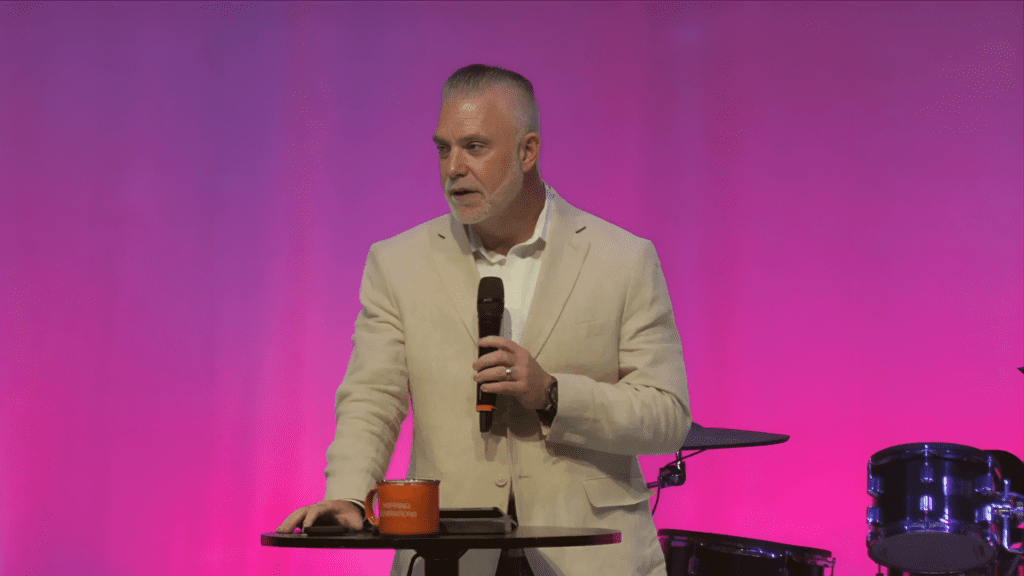
The Weight of Unforgiveness
Unforgiveness is a heavy burden. It weighs down our spirits, clouding our judgment and stealing our joy. Each unresolved offense adds to that weight, making it harder to move forward in life.
When we choose to forgive, we lighten our load. It allows us to step into the fullness of life that God has for us. Forgiveness is not just for the benefit of the one who hurt us; it’s for our healing and freedom.
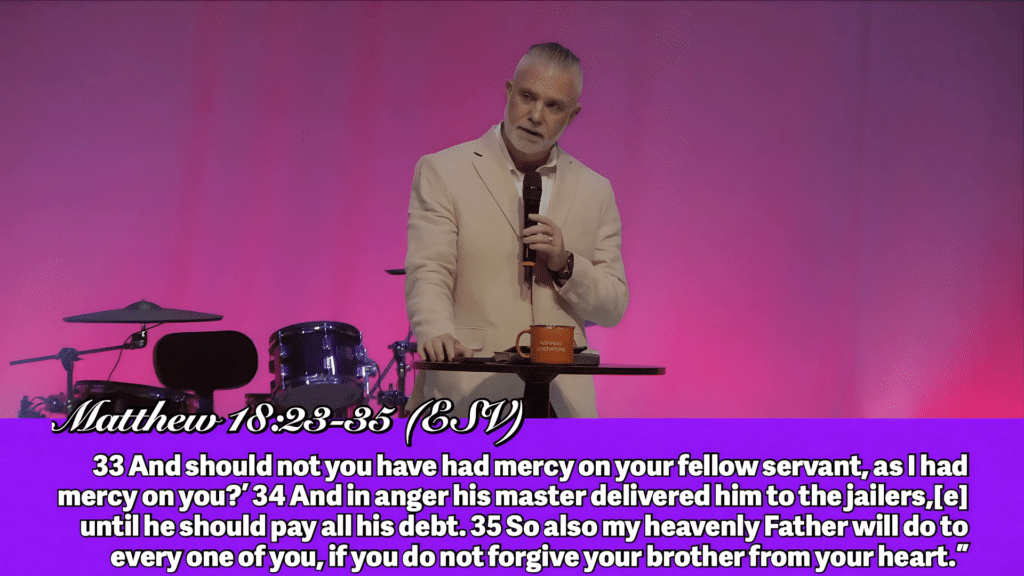
Final Thoughts on Forgiveness
Forgiveness is a journey, not a destination. It requires patience, grace, and a willingness to confront our hearts. Remember, every act of forgiveness is a step toward healing, both for ourselves and for those we choose to forgive.
As we navigate the complexities of relationships, let’s commit to making forgiveness a priority. It’s an act of love that reflects the heart of God, who forgives us time and again.
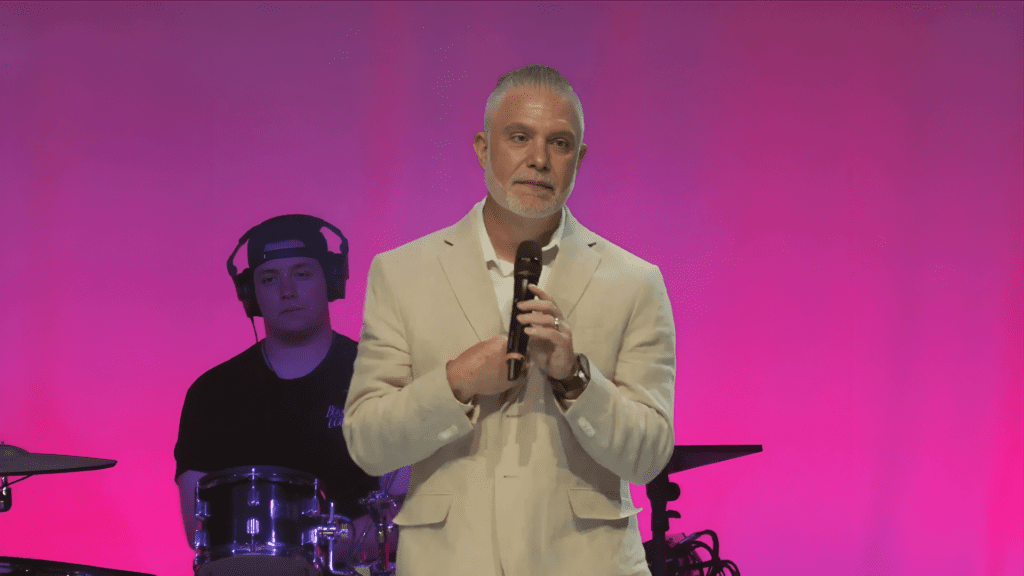
Invitation to Forgiveness and Healing
Today, I invite you to reflect on your own life. Are there people you need to forgive? Are there offenses you’ve held onto that weigh you down? This is your moment to let go. Embrace forgiveness as a pathway to healing.
God offers us the grace to forgive, even when it feels impossible. Take that step today, and experience the freedom that comes with it. You don’t have to do it alone; lean on God for strength and support.
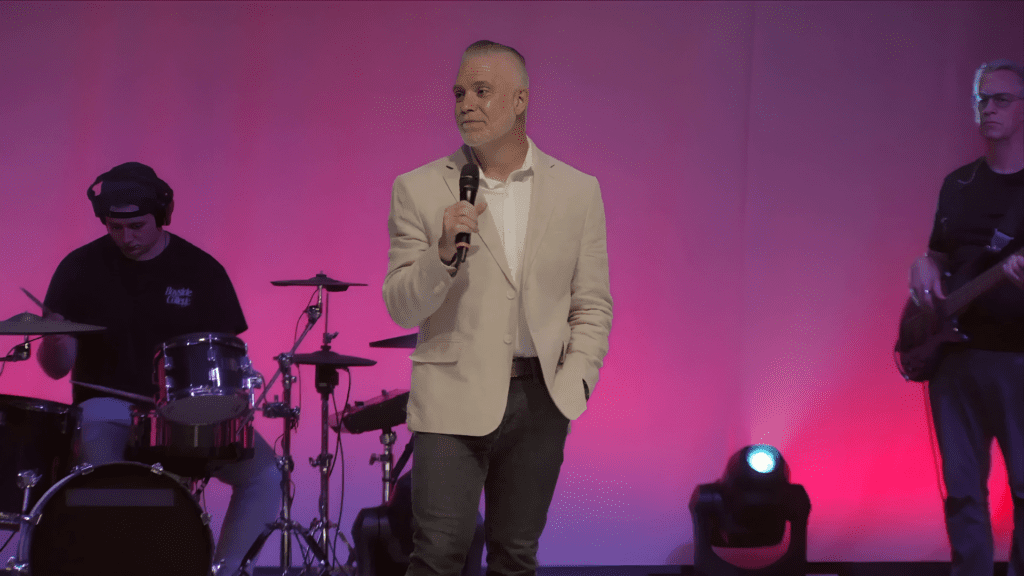
Responding to God’s Call
Responding to God’s call means acting on the truth of His Word. If you feel the nudge to forgive, don’t hesitate. Take that first step, whether it’s reaching out to someone, praying for them, or simply letting go of past hurts in your heart.
God desires for us to live in harmony, free from the chains of unforgiveness. He equips us with everything we need to respond to His call. Trust in Him as you embark on this journey of forgiveness.
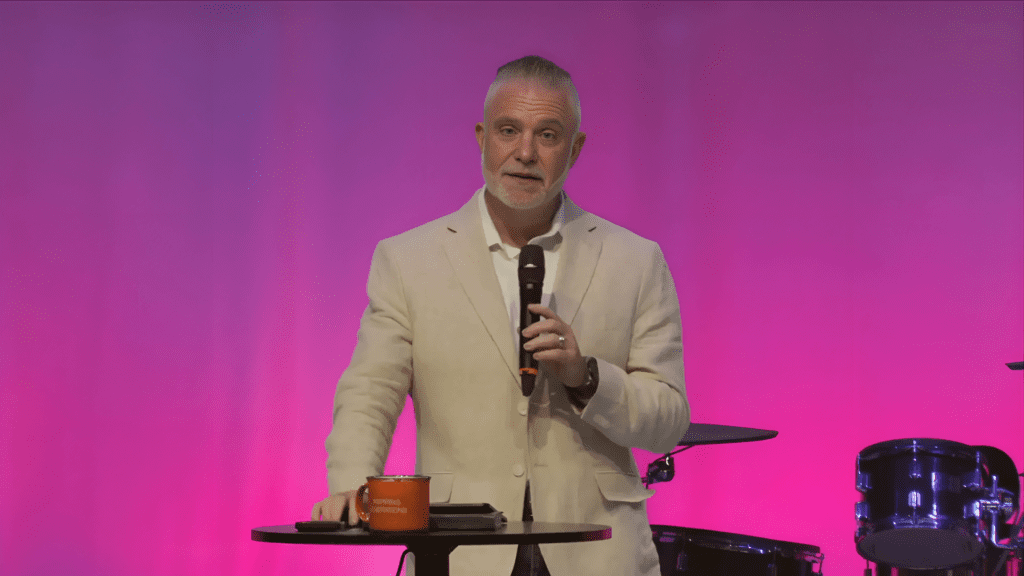
Closing Prayer and Reflection
As we close, let’s take a moment to pray. Father, we come to You with open hearts, ready to forgive as You have forgiven us. Help us to release any bitterness or anger we’ve held onto. Grant us the strength to extend grace to those who have hurt us.
May we find healing in our willingness to forgive, and may Your love flow through us as we navigate our relationships. Thank you for the gift of forgiveness and the freedom it brings. Amen.
